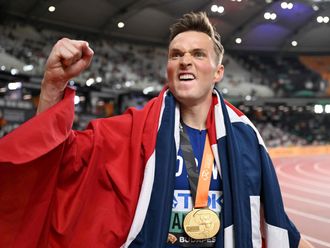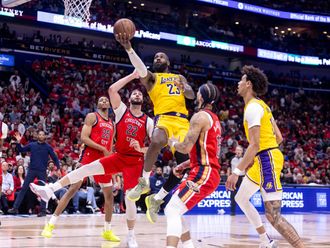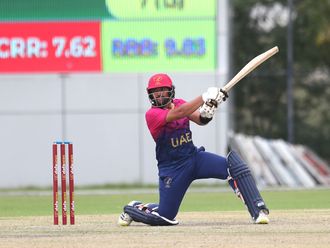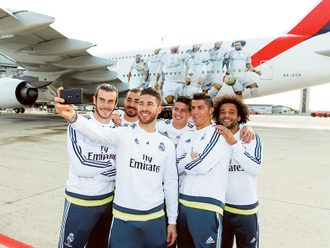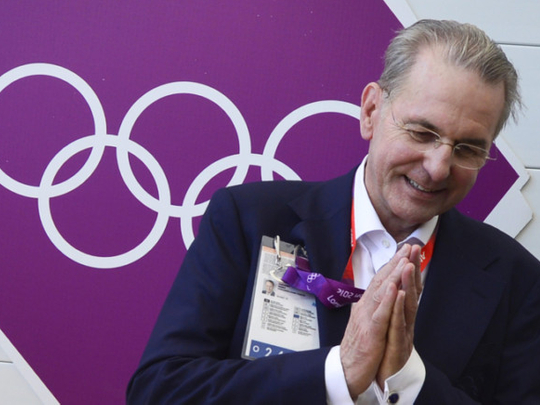
London: The International Olympic Committee (IOC) President has a little over one year at the helm of the world governing body for sport.
In the past few years as president, Jacques Rogge has led a hard-fought battle against all the wrongdoings in sport, prominent among them his battle against drug cheats.
But with September 2013 signalling the end of his reign at the helm of world sports, Rogge feels he has to leave behind a legacy that will benefit a cleaner environment for athletes to compete. “There is still a tremendous amount of work to be done. There is the drug cheating and there is a lot more to be done to establish equality in sport,” the 70-year-old Rogge told the world media at the meeting here late on Saturday.
Rogge was elected as the successor to Juan Antonio Samaranch in 2001. Under his leadership the IOC has aimed to create more possibilities for developing countries to bid for and be host of the Olympic Games. The Belgian, a former Olympian and rugby player, believes that this vision can be achieved in the future mainly through government backing and new IOC policies that constrain the size, complexity and cost of hosting an event like the Olympics.
In October 2009, he was re-elected for a new term as President of IOC and in September next year when the 125th IOC Session is held in Buenos Aires, Rogge will not be entitled to contest again.
But a major part of his problems lies with this week’s London Games — the only Olympics that were voted and awarded under Rogge’s watch — with the security company backing out at the last minute and some top officials involved with unfair sale of tickets to the Games. And then there is the issue of whether London will be able to cope up with the added pressure of the Games on the transport system.
‘Special responsibility’
“There is nothing like having a special responsibility to these Games. I am responsible for all the Games. I don’t vote myself and my resolution is that the Games are OK irrespective of the time when they were chosen,” he said.
“I have a lot of sympathy for everyone. This is a very important event for London and Great Britain and a great event for sport itself. For some it will be difficult due to the transport etc, but everyone is waiting for a very good Games. For two weeks people will adapt to the changes and by doing so they will help in the success of the Games,” Rogge added.
The illegal sale of tickets is another issue that has tarnished the name of the London Games and Rogge hoped the Ethics Commission of the IOC can wean out the rogue officials connected with the scam as named by the Sunday Times expose recently. “It’s a huge file with more than 20 people involved and these are basically ticket re-sellers. Everyone needs to have a chance to explain their case and their point of view and we expect some results by the end of September or beginning of October on the guilty as the task is huge,” he said.
“There will be a full-fledged enquiry into the system of selling tickets and if there is a request for another system that could be better then we will do so starting with 2014 [Sochi Winter Olympics],” Rogge promised.
He insisted the IOC will not tolerate any sort of boycott from athletes, particularly those from the Arab states when it came to competitions against Israeli athletes. “Most of the time the athlete comes up with an excuse of illness. We will ascertain whether he is genuinely sick through our doctor and investigate each and every case. We totally forbid all NOCs from resorting to such ploys,” Rogge said.


